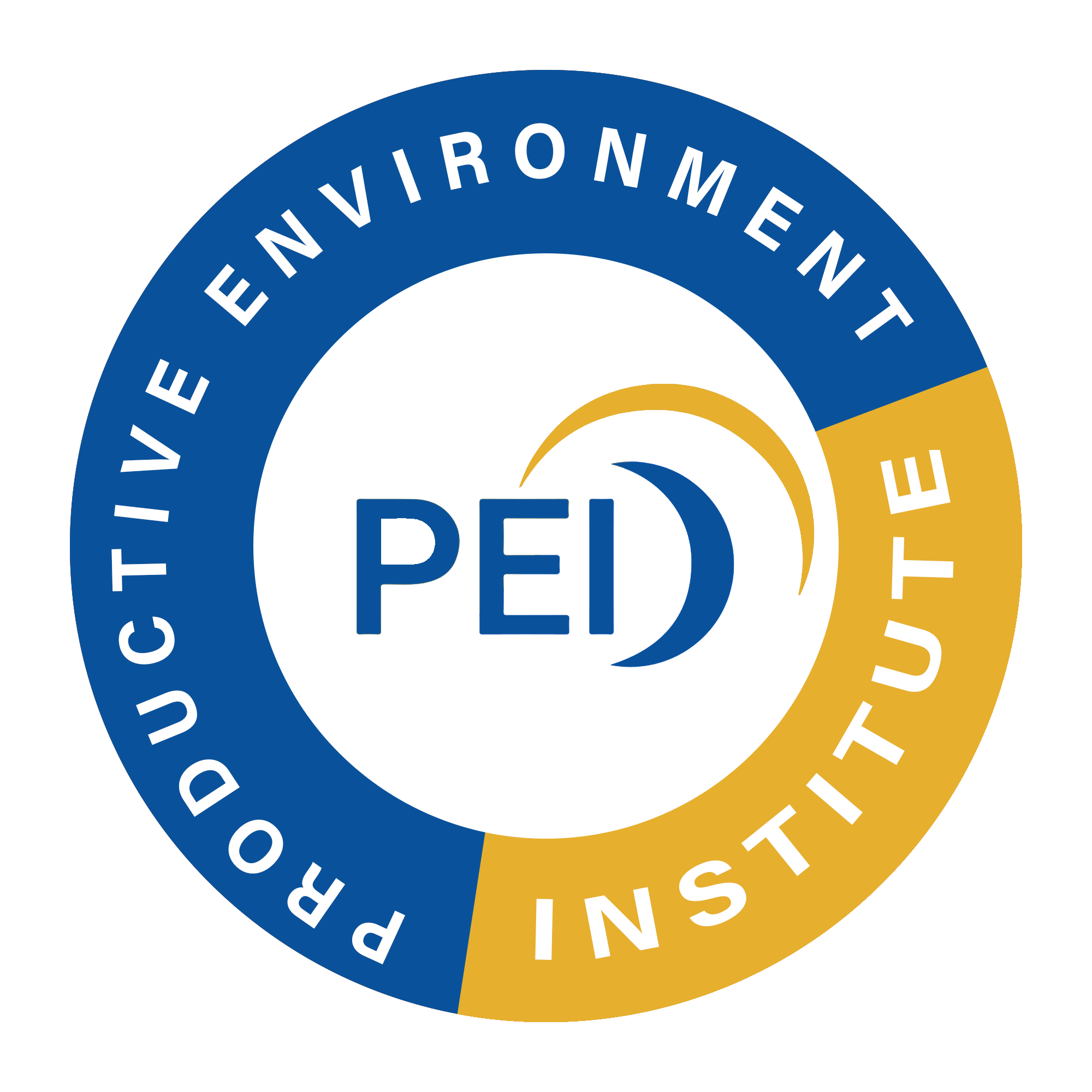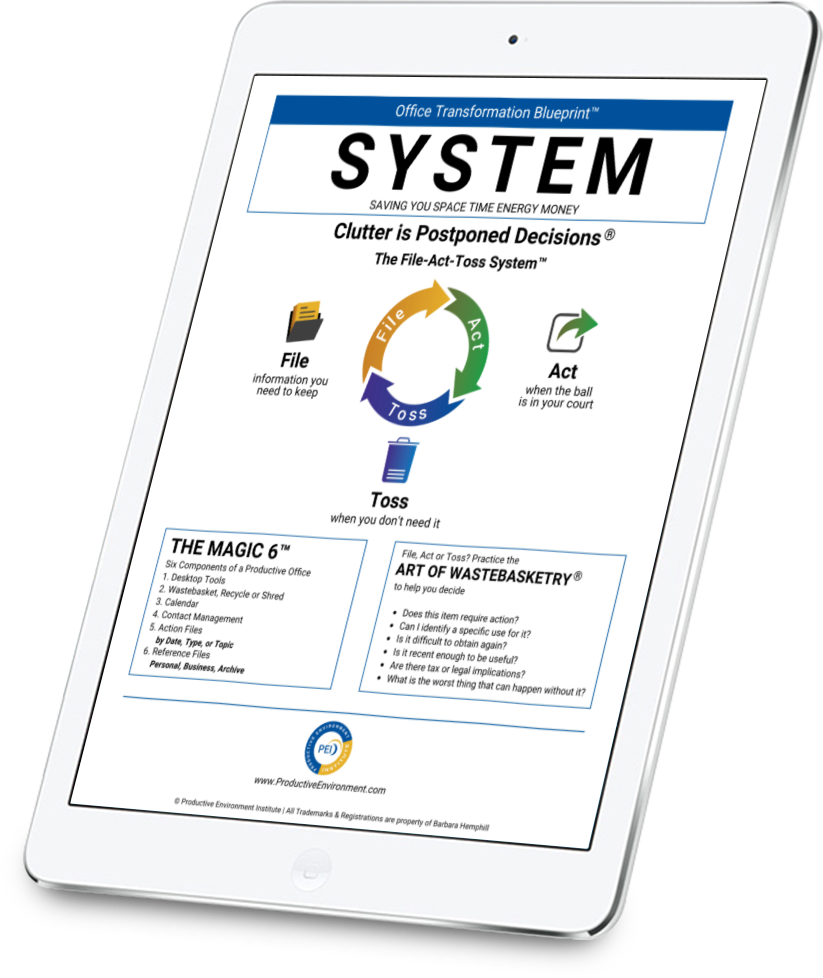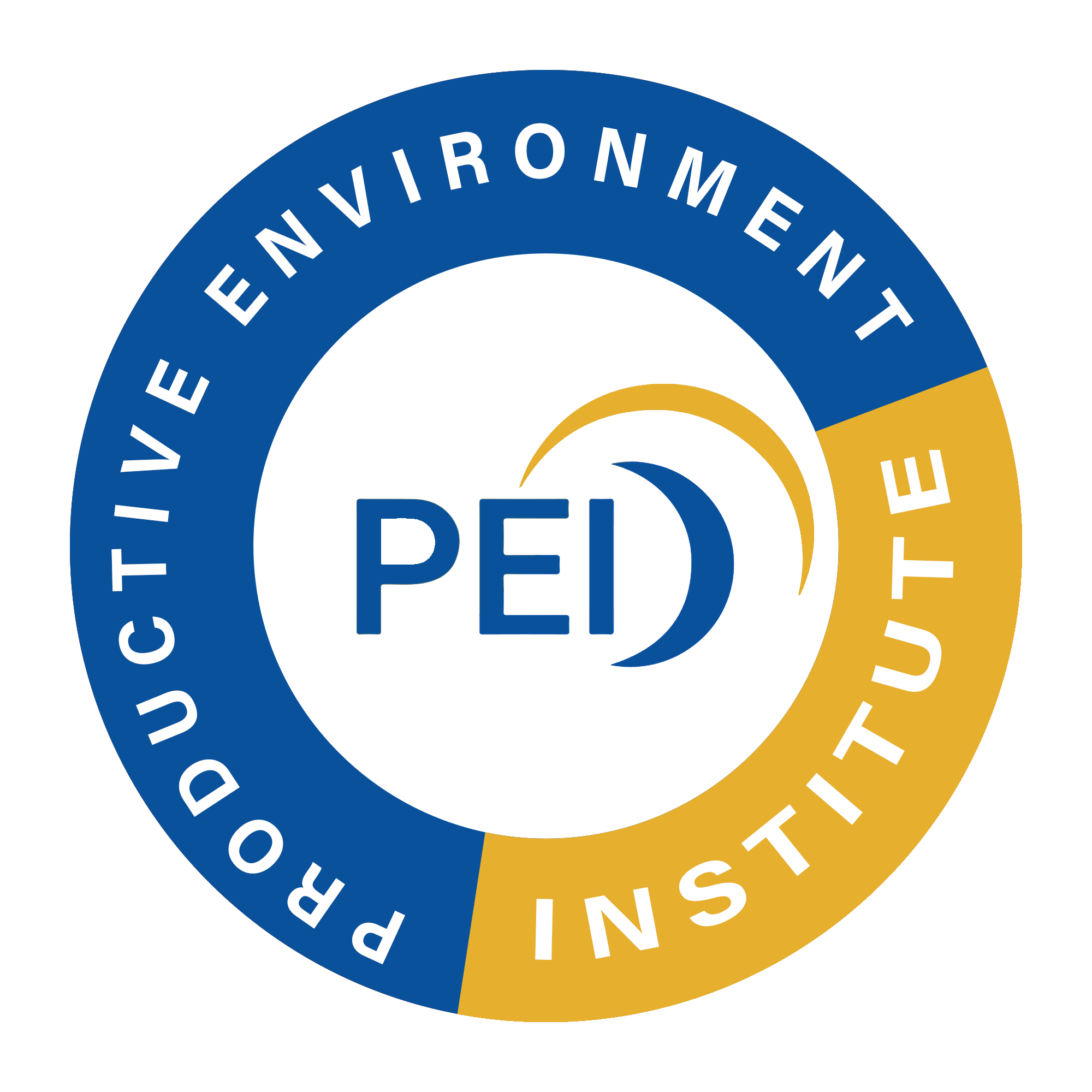Productive Environment Blog

Tidy or Accessible? | Kathy Muzik
"If you don't know you have it, or you cannot find it, it is of no use to you." - [Barbara] Hemphill's Principle
"I need to get organized." Have you ever heard someone say this? Have you ever said it? Before getting 'organized,' it is essential to understand the 'why' behind the goal.
Many people say they want to get organized because their surroundings look messier than they would like. Others say it because they have difficulty finding necessary information. However, making something look tidy does not always result in more effective functionality. The area may look great, but you still can't find anything!
There is ample evidence that cluttered surroundings can cause stress, anxiety, and feelings of depression. It can lead to cognitive overload because the brain fights to prioritize attention amidst a seeming sea of distractions. One study found that women who saw their homes as cluttered had high levels of the stress hormone cortisol throughout the day.
To compound these concerns, not being able to locate the information you need adds additional stress to the pool. It can also provoke feelings of shame, self-doubt, and low self-worth.
Through my coaching services and during the paper and digital transformation workshops I engage in, I hear stories about how people have come to be in their current situations.
Whether it's a condition that's been building for years or a temporary situation that threw the person off balance, the result is the same - clutter and an inability to find information. Generally, it boils down to four iconic words from organizing industry pioneer Barbara Hemphill, "Clutter is Postponed Decisions®."
Functionality and ease of access to information come from intention, systems, and ongoing maintenance. Clutter interferes with these goals. The volume of information can seem daunting. And seemingly endless decisions about what to keep, what to toss, or the next required action overwhelms people, so they do nothing. The accumulation of clutter is linked to procrastination, which leads to further feelings of overwhelm, anxiety, and frustration.
Boxes filled with documents and scattered paper piles make it challenging to find information. Piles get blended when attempting to hide them from visitors or when making room for life's activities.
In the digital realm, there are thousands (and thousands) of emails, hard drives at maximum capacity, and multiple cloud storage accounts filled with files you couldn't locate if you had all the time in the world.
Progress with physical items, such as paper, often involves working through difficult thoughts and emotions. Fear is a common emotion associated with these decisions, as are thoughts about potential future need for a document, despite statistics indicating that we never use 80% of what we keep. These thoughts and emotions make support from friends, family members, and appropriate professionals essential during decluttering. Using frameworks such as Productive Environment Institute’s File-Act-Toss System™ and The Art of Wastebasketry® can help make decision-making easier.
Digital decluttering can also be challenging due to the exponentially growing volume of files and emails. One helpful strategy is to set aside dedicated time blocks for reviewing and culling emails and digital files.
Online tools like Clean Email, Mailstrom, and Sanebox can help eliminate unwanted emails in bulk, and using filters and rules can provide relief. However, establishing a system for managing emails going forward is critical. Opening new email addresses is not always the best solution. The same is true for your digital files. Adding new services may compound your frustration, where consistent naming conventions, storage structure, and deletion protocols can make life easier.
It is essential to prioritize accessibility above mere tidiness. Progress may be slow and nonlinear, but each decision brings you closer to a clutter-free space where you can find what you're looking for when you need it.
Where will you start?
Meet Our Team of Experts
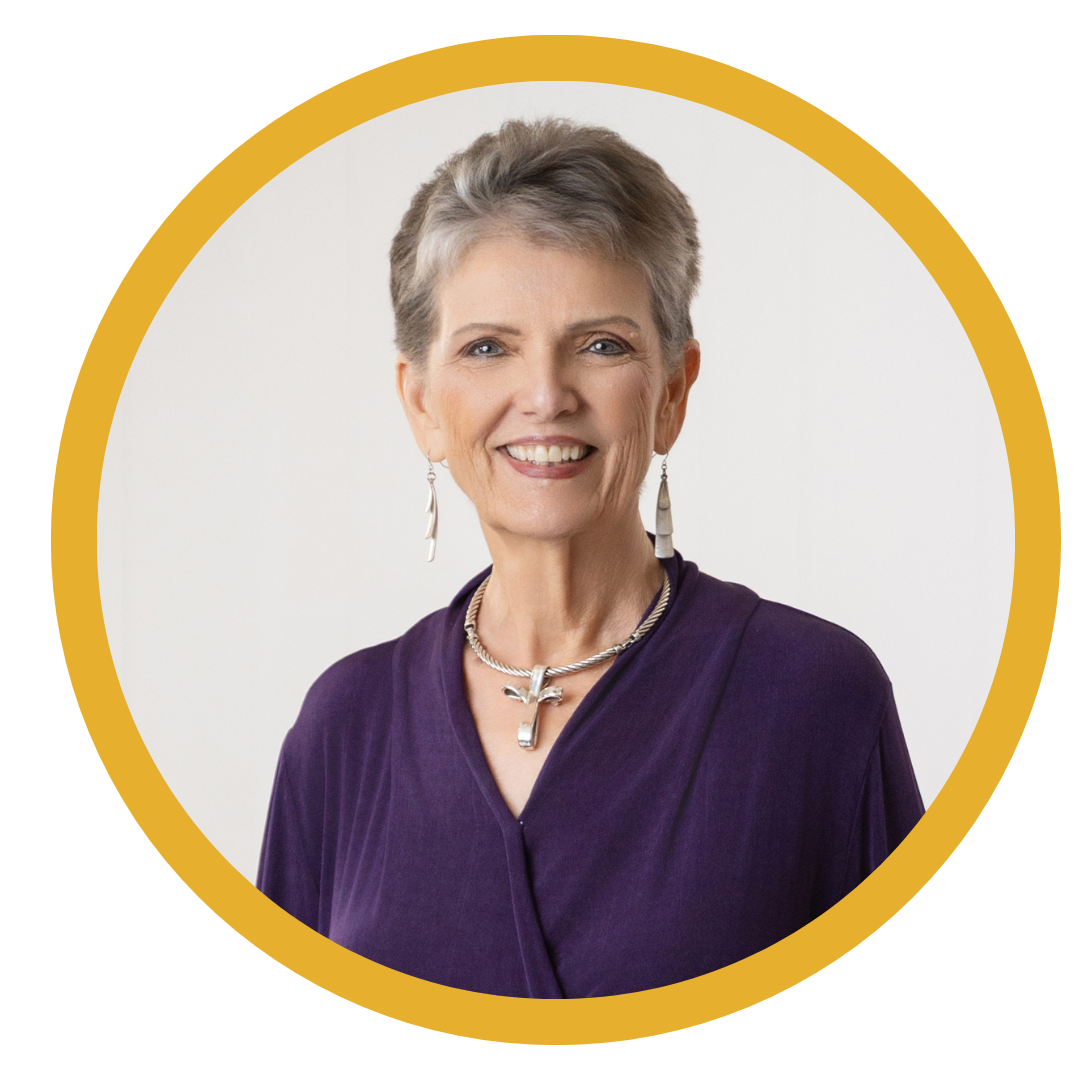
BARBARA HEMPHILL
FOUNDER
Productive Environment Institute
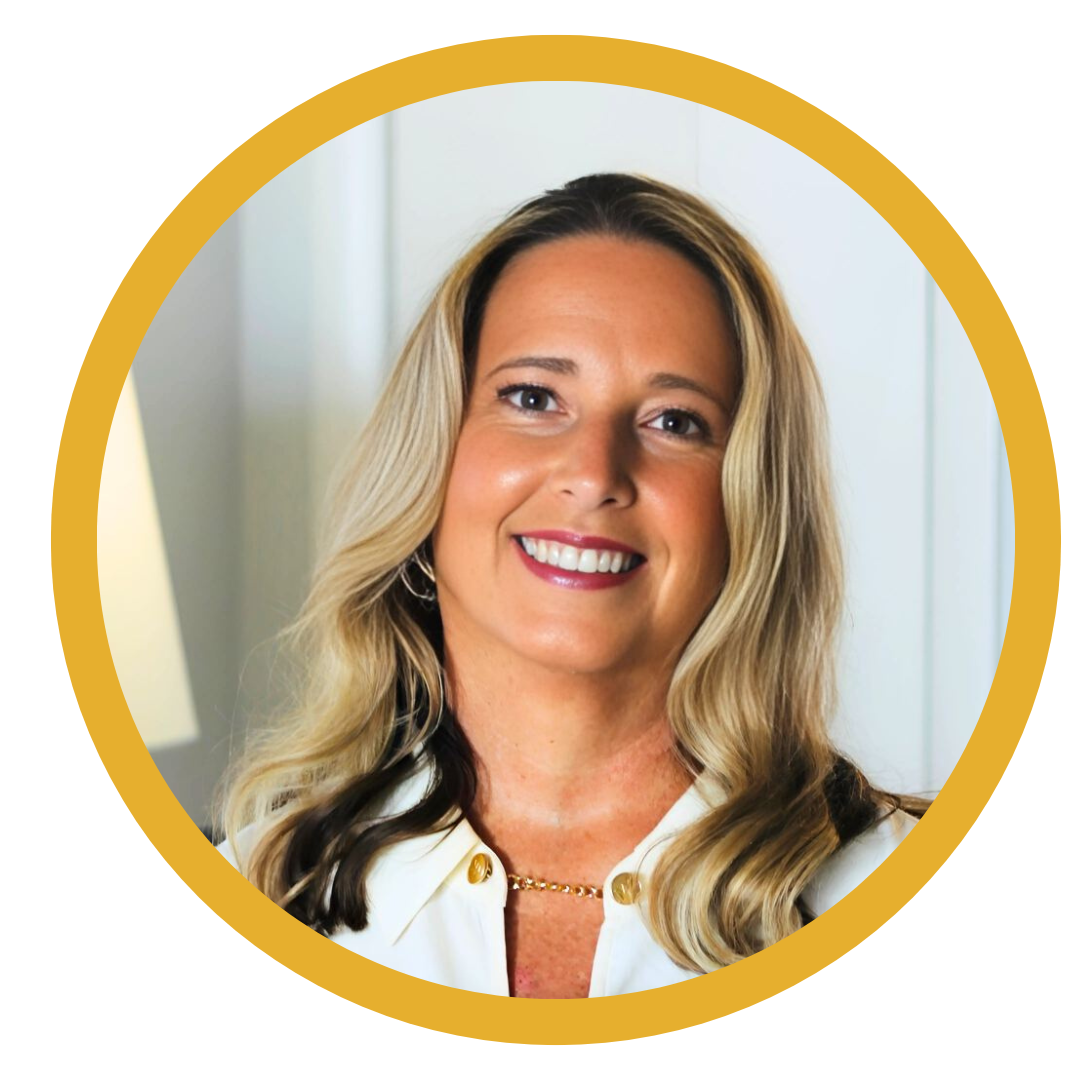
ANDREA ANDERSON
CEO
Productive Environment Institute
CONTACT US
Use the Contact button on this page or
Leave a Voicemail @
